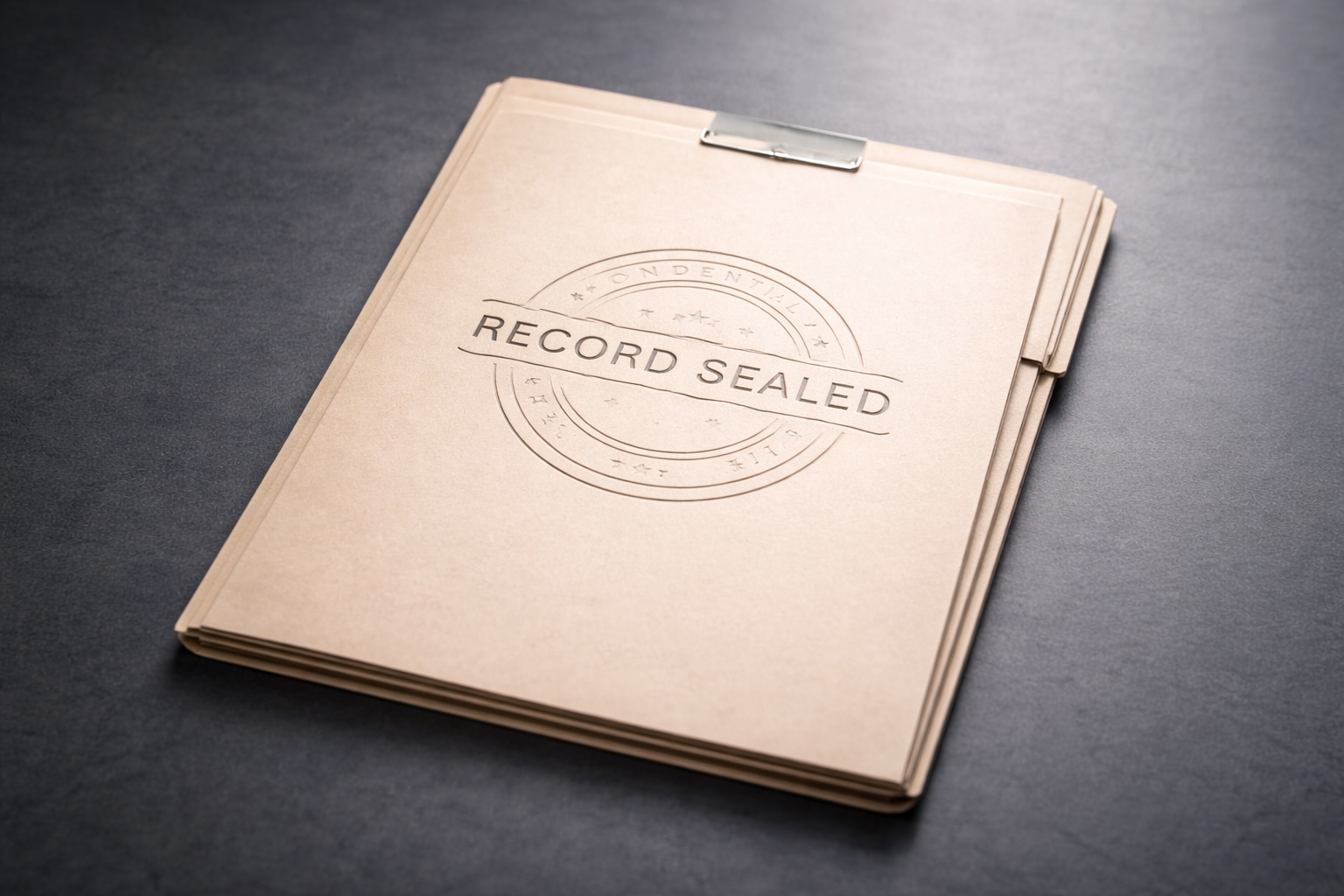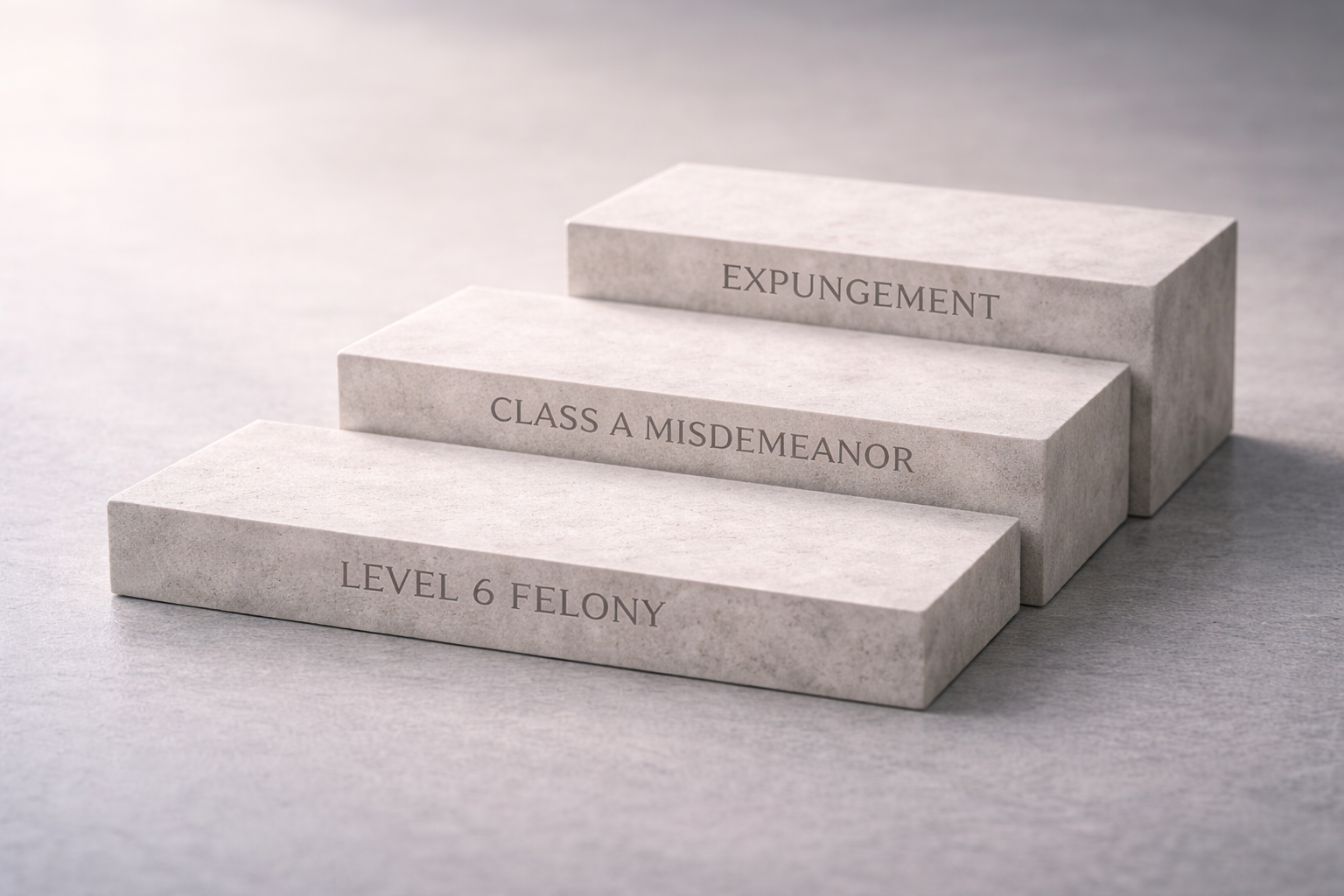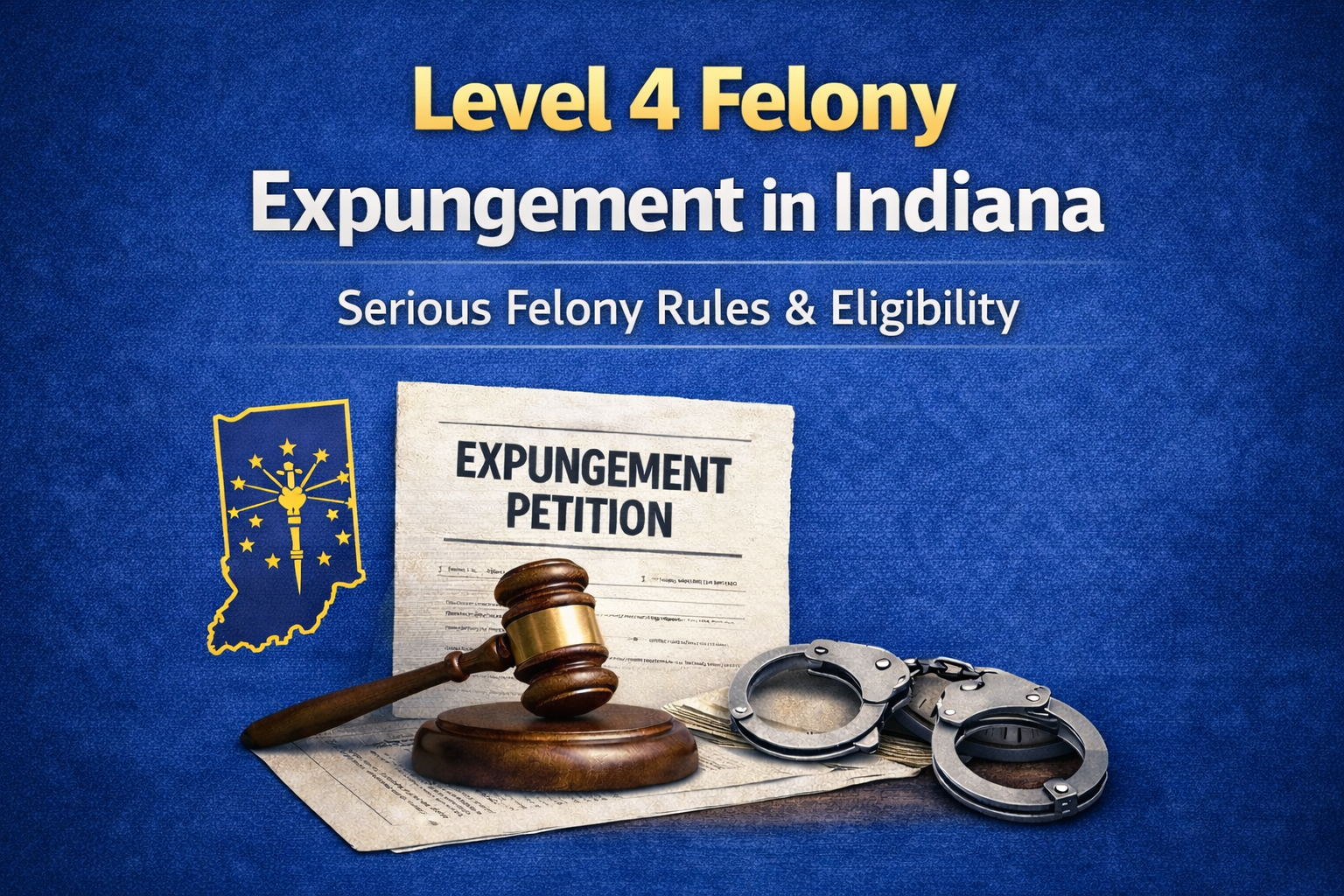Can Police Lie to You During an Interrogation? Understanding Your Rights in Indiana
Introduction: Do Police Have to Tell the Truth?
Most people assume that if they are being questioned by police, officers must be honest with them—but that is not true. Under U.S. law, police officers are legally allowed to lie during interrogations to obtain confessions.
This often leads to false confessions and wrongful convictions, especially when individuals don’t understand their rights.
This guide explains:
✔ When police can and cannot lie during interrogations
✔ Common tactics officers use to get confessions
✔ How to protect yourself during police questioning
✔ Why you should always invoke your right to remain silent
✔ Why having a defense attorney present is critical
📞 Charged with a crime? Don’t talk to police before speaking with an attorney. Call Vining Legal LLC at (317) 759-3225 or schedule a consultation today.
Can Police Lie to You During an Interrogation?
🚨 Yes. It is completely legal for police to lie to suspects during interrogations.
The U.S. Supreme Court has ruled that police deception is constitutional as long as it does not violate due process or coerce a confession.
📌 Examples of Police Lies During Interrogations:
❌ "We have your fingerprints on the weapon." (Even if they don’t.)
❌ "Your friend already confessed and blamed you." (They may not have.)
❌ "If you just tell us what happened, you’ll get a lighter sentence." (The police do not control sentencing.)
❌ "We have video of you at the crime scene." (Even if no such footage exists.)
📌 TIP: If you’re being questioned, assume police are using tactics to manipulate your answers.
Common Interrogation Tactics Used to Get Confessions
Police use psychological techniques designed to pressure suspects into talking—even when they are innocent.
1. The Reid Technique (Isolation & Pressure)
What it is:
Police isolate the suspect in a small room.
Officers repeatedly tell the suspect they already have evidence proving guilt.
They suggest that confessing will result in leniency.
📌 Why it works: People feel trapped and just want the interrogation to end—leading to false confessions.
2. Good Cop / Bad Cop
How it works:
One officer is aggressive and intimidating.
The other officer acts friendly and understanding, trying to build trust.
The suspect is tricked into believing the "good cop" is on their side.
📌 Why it works: People let their guard down and say things they shouldn’t.
3. Lying About Evidence
🚨 What police do:
Claim they have DNA, fingerprints, or witness statements that don’t exist.
Say a co-defendant already confessed and implicated the suspect.
📌 Why it works: People panic and confess to crimes they didn’t commit just to make the situation go away.
➡ Related Read: Learn about what to do if you have been arrested.
How to Protect Yourself During Police Questioning
🚨 If you are being questioned, you have legal rights. Here’s how to protect yourself:
1. Invoke Your Right to Remain Silent
✅ Say Clearly: "I am invoking my right to remain silent and want an attorney."
✅ Once you say this, STOP TALKING. Police can use anything you say against you.
2. Do NOT Fall for "Just Talk to Us to Clear This Up"
❌ NEVER answer questions without an attorney.
❌ Even innocent people can say things that are twisted into evidence.
❌ Police are not looking for the truth—they are looking for a confession.
📌 TIP: If police say, "If you don’t talk, we’ll assume you’re guilty," it’s a scare tactic—don’t fall for it.
➡ Related Read: Learn how to choose the best criminal defense attorney.
3. Do NOT Waive Your Rights
🚨 Before questioning, police must read your Miranda rights.
✔ If you waive your right to remain silent, you are voluntarily helping police build a case against you.
✔ If you waive your right to an attorney, you are giving up your best defense strategy.
📌 TIP: Police don’t have to stop questioning you unless you clearly invoke your rights.
Why You Should Always Have an Attorney Present
🚨 Police are skilled at making people feel comfortable enough to talk—DON’T FALL FOR IT.
A criminal defense attorney can:
✔ Ensure police questioning is fair and legal.
✔ Advise you on how to respond without self-incrimination.
✔ Prevent you from making statements that hurt your case.
✔ Challenge illegally obtained confessions in court.
📞 Being questioned by police? Call Vining Legal LLC at (317) 759-3225 or schedule a consultation immediately.
Conclusion: Know Your Rights and Stay Silent
If you are ever questioned by police, remember:
✔ Yes, police can legally lie to you.
✔ Interrogation tactics are designed to get confessions—even from innocent people.
✔ You should ALWAYS invoke your right to remain silent.
✔ NEVER answer questions without an attorney present.
📞 Need legal help? Contact Vining Legal LLC today at (317) 759-3225 or schedule a consultation.





